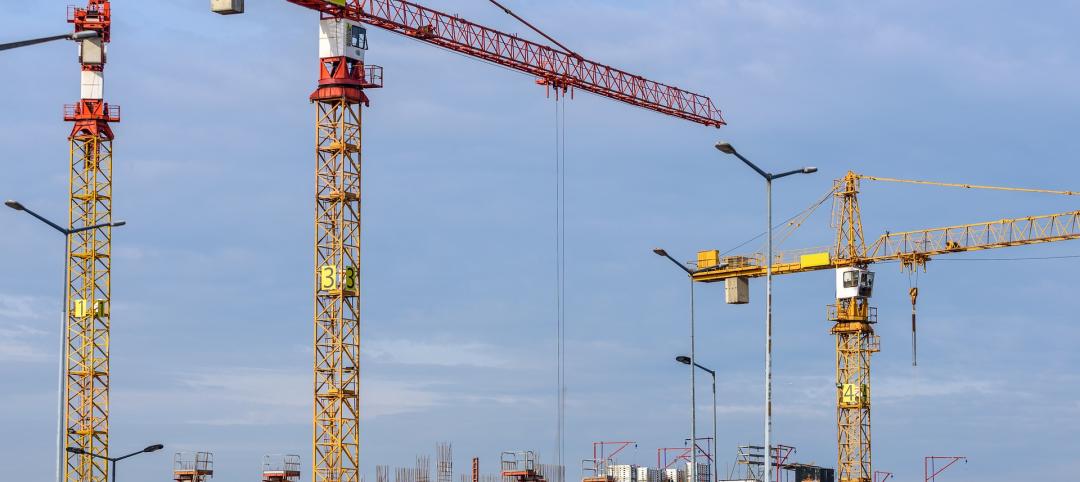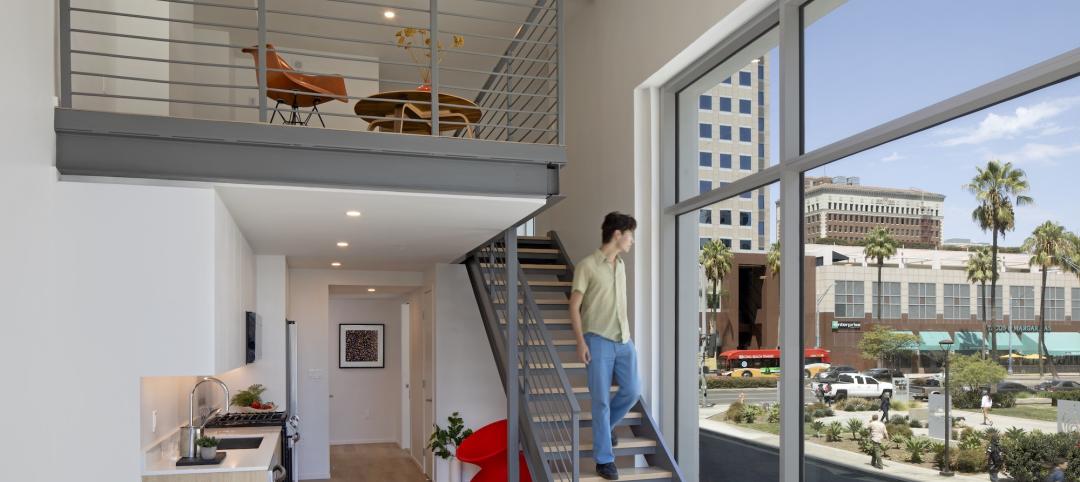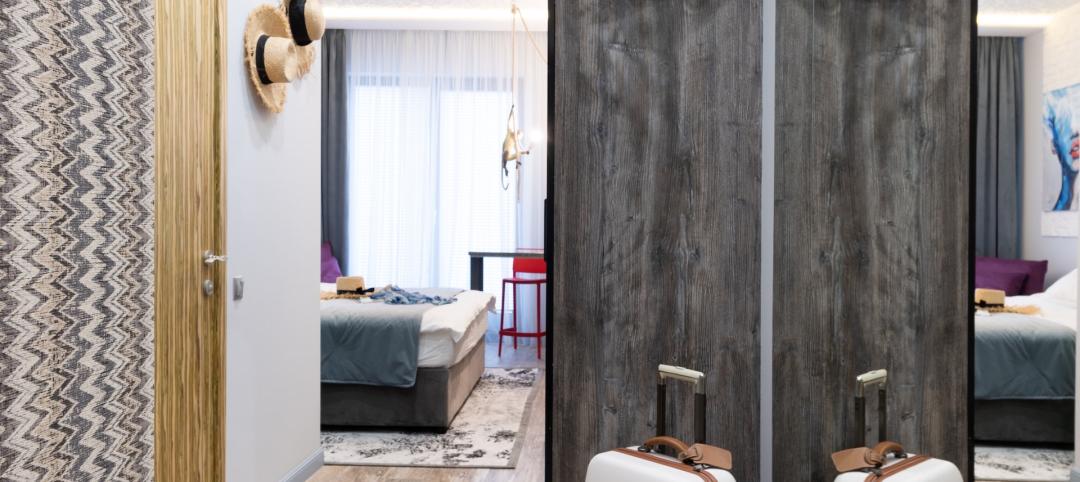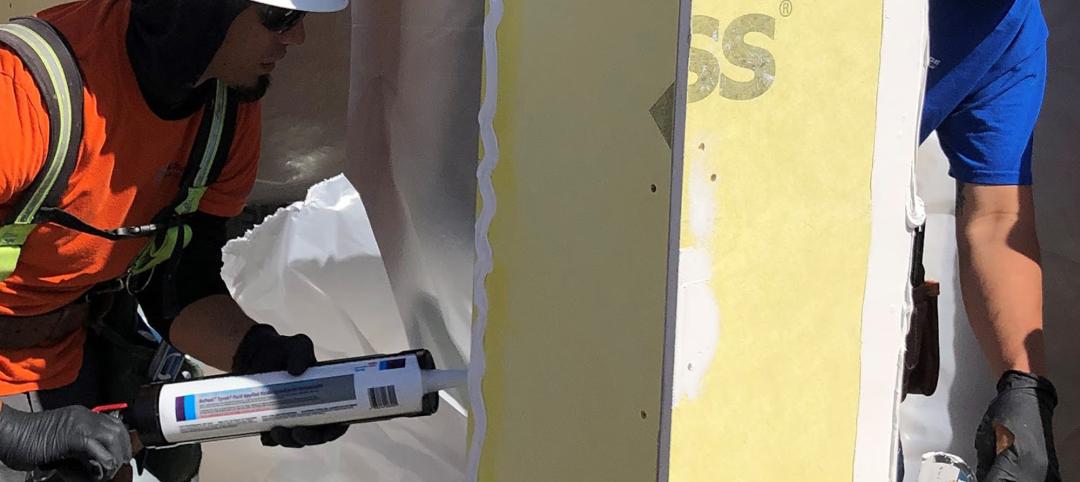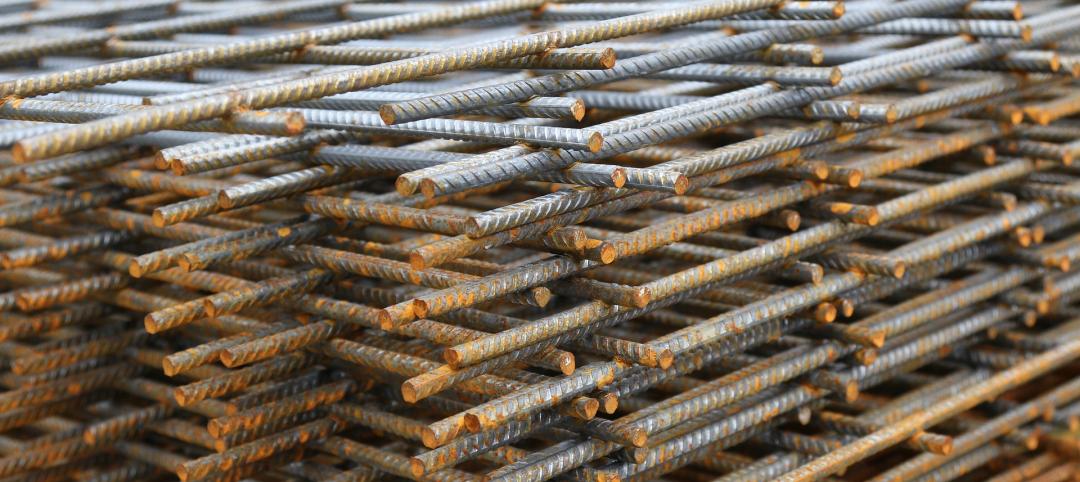Coming off of a year when nonresidential building starts fell by an estimated 7.5%, the industry is expected to bounce back in 2016, especially during the second and third quarters when the annualized growth rate for starts could hit 15% before decelerating later in the year.
However, keeping projects on schedule and on budget will continue to be difficult if, as expected, worker shortages persist, leading to higher labor costs and, potentially, construction delays.
In Gilbane’s Winter 2015-2016 Market Conditions in Construction report, which can be downloaded from here, the giant contractor forecasts nonresidential building starts to increase by 8.5% this year to 222,764.
Gilbane expects spending on nonresidential buildings, which grew by 17.1% to $386.4 billion in 2015, to keep rising this year, by 13.7% to $439.2 billion. However, spending should taper off late this year, “leading to a considerably slower 2017.”
On the whole, nonresidential building sectors should enjoy good years, according to Gilbane’s report, whose spending projections for 2016 include:
•13.6% growth for Educational buildings
•A 13.8% rise for Healthcare construction
•22.5% growth for Amusement and Recreational buildings.
•A 6% spending increase for Retail space
•A retreat in spending for Office buildings, which after gains of 21.3% and 21.4% in the last two years, should increase by only 4.7% in 2016. “Although down 15% in 2015, starts have been strong and multiple months of large volume starts will help keep 2016 spending positive. Office spending is projected to grow again in 2017,” the report states.
•Spending for lodging, which grew by 31% last year, and by 90% during the 2012-2015 period, should increase by 10.8% this year, when starts are expected to be up 16%, “leading to continued spending growth in 2017.”
•Despite a nearly 30% decline in starts last year, manufacturing-related building still hit its second-highest starts level on record, and spending jumped 44.8%. Those starts should drive spending up another 10.8% in 2016.
On average, $1 billion of spending supports approximately 6,000 construction jobs, and generates up to 28,000 jobs in the economy. But Gilbane remains concerned about the ability of contractors to find skilled labor to meet the country’s escalating construction demands. It points out that while the total construction workforce is growing and is near 7.3 million, that is still about 1 million workers short of the 2006-2007 peak.
It cites the Bureau of Labor Statistics’ Job Openings and Labor Turnover Survey (JOLTS) for the construction industry, which showed 139,000 unfilled positions for October 2015. Gilbane notes that the openings rate has been trending upward since 2012. “A relatively high rate of openings … generally indicates high demand for labor and could lead to higher wage rates,” its report states.
Gilbane’s analyst Ed Zarenski expects construction job gains of between 500,000 and 600,000 through 2017. But Gilbane still foresees shortages of skilled workers over the next five years, as well as declining productivity, and rapidly increasing labor cost. “If you are in a location where a large volume of pent-up work starts all at once, you will experience these three issues.”
Related Stories
Concrete | Jan 24, 2023
Researchers investigate ancient Roman concrete to make durable, lower carbon mortar
Researchers have turned to an ancient Roman concrete recipe to develop more durable concrete that lasts for centuries and can potentially reduce the carbon impact of the built environment.
Architects | Jan 23, 2023
PSMJ report: The fed’s wrecking ball is hitting the private construction sector
Inflation may be starting to show some signs of cooling, but the Fed isn’t backing down anytime soon and the impact is becoming more noticeable in the architecture, engineering, and construction (A/E/C) space. The overall A/E/C outlook continues a downward trend and this is driven largely by the freefall happening in key private-sector markets.
Multifamily Housing | Jan 23, 2023
Long Beach, Calif., office tower converted to market rate multifamily housing
A project to convert an underperforming mid-century office tower in Long Beach, Calif., created badly needed market rate housing with a significantly lowered carbon footprint. The adaptive reuse project, composed of 203,177 sf including parking, created 106 apartment units out of a Class B office building that had been vacant for about 10 years.
Hotel Facilities | Jan 23, 2023
U.S. hotel construction pipeline up 14% to close out 2022
At the end of 2022’s fourth quarter, the U.S. construction pipeline was up 14% by projects and 12% by rooms year-over-year, according to Lodging Econometrics.
Standards | Jan 19, 2023
Fenestration Alliance updates liquid applied flashing standard
The Fenestration and Glazing Industry Alliance (FGIA) published an update to its Liquid Applied Flashing Standard. The document contains minimum performance requirements for liquid applied flashing used to provide water-resistive seals around exterior wall openings in buildings.
AEC Tech | Jan 19, 2023
Data-informed design, with Josh Fritz of LEO A DALY
Joshua Fritz, Leo A Daly's first Data Scientist, discusses how information analysis can improve building project outcomes.
Multifamily Housing | Jan 19, 2023
Chicago multifamily high-rise inspired by industrial infrastructure and L tracks
The recently unveiled design of The Row Fulton Market, a new Chicago high-rise residential building, draws inspiration from industrial infrastructure and L tracks in the historic Fulton Market District neighborhood. The 43-story, 300-unit rental property is in the city’s former meatpacking district, and its glass-and-steel façade reflects the arched support beams of the L tracks.
Products and Materials | Jan 18, 2023
Is inflation easing? Construction input prices drop 2.7% in December 2022
Softwood lumber and steel mill products saw the biggest decline among building construction materials, according to the latest U.S. Bureau of Labor Statistics’ Producer Price Index.
ProConnect Events | Jan 17, 2023
3 ProConnect Single Family events for Home Builders and Product Manufacturers set for 2023
SGC Horizon, parent company of ProBuilder, will present 3 ProConnect Single Family Events this year. At ProConnect Single Family, Home Builders meet in confidential 20-minute sessions with Building Product Manufacturers to discuss upcoming projects, learn about new products, and discover practical solutions to technical problems.
University Buildings | Jan 17, 2023
Texas Christian University breaks ground on medical school for Dallas-Fort Worth region
Texas Christian University (TCU) has broken ground on the Anne Burnett Marion School of Medicine, which aims to help meet the expanding medical needs of the growing Dallas-Fort Worth region.




